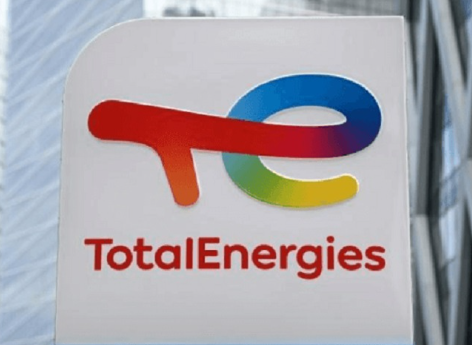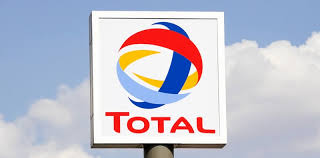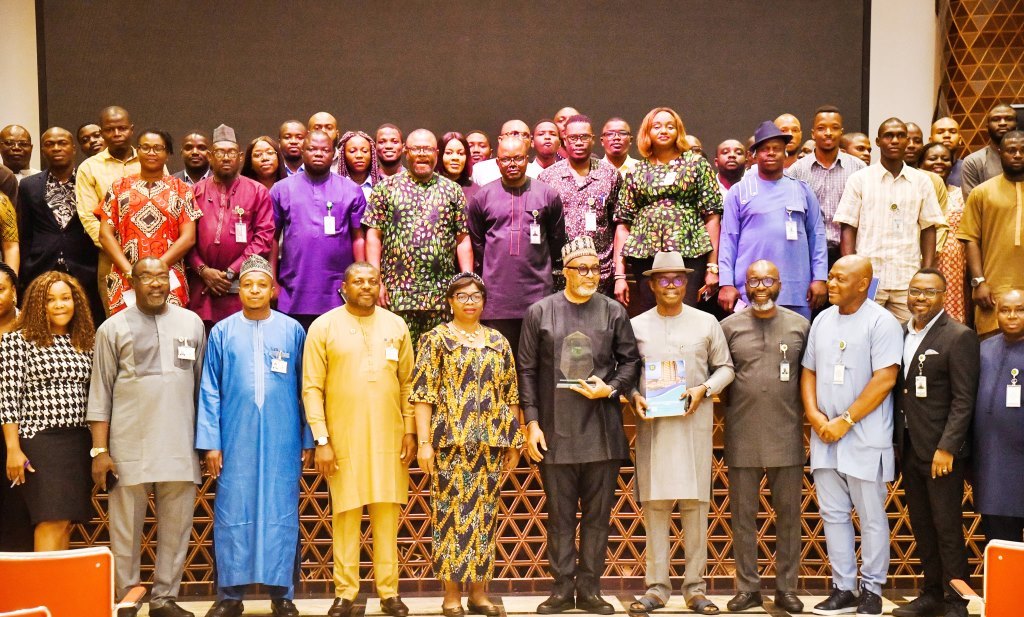A new report has shocked Nigeria’s oil and gas industry to vote the Ghanaian counterpart as the best in the 2017 Resource Governance Index (RGI), making it the best performer in sub-Saharan Africa.
The report is the product of 89 country assessments (eight countries were assessed in two sectors), compiled by 150 researchers, using almost 10,000 supporting documents to answer 149 questions.
Ghana oil and gas industry scored a satisfactory 67 points to beat Nigeria in the assessment.
The report put together by Natural Resource Governance Institute (NRGI) release on Monday, showed that the Index measuresdthe quality of resource governance in 81 countries that together produce 82 per cent of the world’s oil, 78 per cent of its gas and a significant proportion of minerals, including 72 per cent of all copper.
NRGI said Ghana has a favorable enabling environment and also performs well in revenue management as its sovereign wealth fund is the second-best governed among 34 funds assessed in the Index.
Ghana’s Petroleum Revenue Management Act allocates oil revenues transparently between the budget, the national oil company and two funds, it said.
However, the3 report averred that Ghana has accumulated a large budget deficit and borrowed heavily against future oil revenues, even though oil revenues presently constitute only four percent of total government revenues.
The report also agreed that Ghana’s oil and gas sector performs consistently across all three components of resource governance—value realization, revenue management and enabling environment.
It also noted that poor performance in national budgeting reflects the challenge of developing rules that link petroleum revenues to general public financial management. The Petroleum Revenue Management Act (PRMA) establishes a rule governing the balance between saving and spending of petroleum revenues. However, these rules have not stopped Ghanaian officials from borrowing against projected oil revenues, changing the rules themselves, and over-estimating revenues.
Another observation made by the report is that amendments to the PRMA in 2015 allocated more resources to the Public Interest and Accountability Committee (PIAC), a citizen’s oversight body, thereby strengthening reporting and accountability around petroleum revenues. But the amendments did not address the weaknesses of the overall framework outlined above.
According to the report, “This example shows that rules that only govern the share of government revenues deriving from petroleum revenues do not suffice in the absence of numerical fiscal rules setting a binding constraint on borrowing and spending—such constraints are considered an important feature of sound public financial management”.









